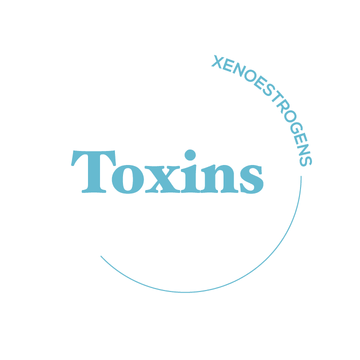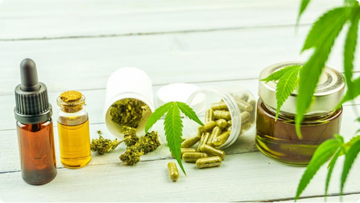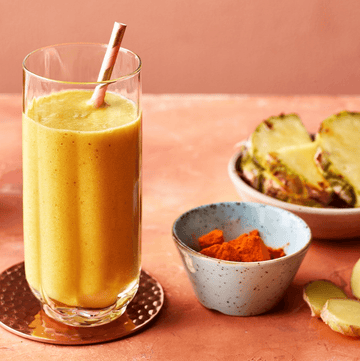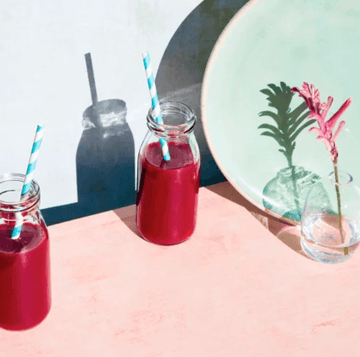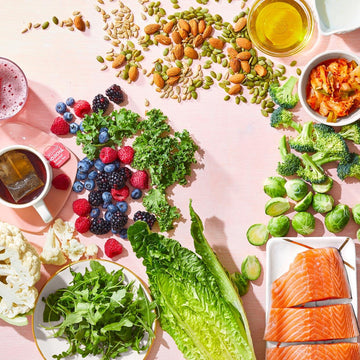In Canada as of March 2020, there is more than 28000 ‘domestic substances’ and 49000 ‘non-domestic substances. Domestic substances are those that have been identified, imported, and used in Canada, whereas Non-Domestic are substances that contain a DS, are not fully identified, and thus are still under new substance investigation with reduced requirements – meaning these substances can be used but their health and safety is not yet fully known. That is over 77000 chemicals and variants we are potentially exposed to in of our daily lives.

Hormone, or ‘endocrine disruptors’ are chemicals that interfere with the production, release, transport, metabolism, or elimination of the body’s natural hormones. Hormone disruptors known as xenoestrogens are everywhere. These chemicals are hidden in products we use every day in upwards of the 1000s from the moment we wake up, to what we sleep on and inhale throughout the night.

Xenoestrogens mimic estrogen in the body. They are present in our food, water, cosmetics, plastics, medications, clothes, furniture to name just a few. One of the main issues with these chemicals is that they bioaccumulate and may even be activated further as a result of biotransformation. They are responsible for a plethora of health complications such as infertility, weight gain, PMS, low libido, fatigue, depression, and anxiety as well as an increased risk of cancer (and the list goes on and on). Xenoestrogens will also impact a developing fetus as they circulate within our blood stream. They are taking a big toll on our overall health.
*Note: Xenoestrogens are only one of many contributors to endocrine disruption. Chronic stress, low-grade anxiety, gut health, can also have a huge impact the way our hormones behave.

What are some things to look for? For immediate ‘wins’ in removing exposure to these harmful ingredients, here is a list of the top items containing xenoestrogens.
-
Conventional meat and dairy such as beef, pork, chicken, milk, butter, cheese, and ice cream. These products are contaminated with bovine growth hormones and expose us to a significant amount of xenoestrogens. Therefore, it is particularly important to choose the organic forms of these products, or even better still, choose 100% grass-fed meat and dairy products, and pastured pork and poultry to ensure the cleanest food intake possible.
-
Foods and products that contain pesticides, herbicides, ‘sprayed’ foods, canned foods (BPA), heavily GMO foods and more cause hormone disruption.
-
Cosmetics. Yes, skincare products containing parabens and phthalates are estrogenic (bad kinds). These forms of estrogens have been linked to different cancers. Use your buying power to source skincare products that not only nourish and hydrate your skin, but also support your overall health by using clean ingredients. Fragrances, perfumes, colognes are another hidden source of daily estrogen exposure. Even if it is just the soap you’re using, it will cause cumulative damage to your vital organs. Antiperspirants containing aluminum is a HUGE red flag to avoid due to its link to Alzheimer’s disease and breast cancer.
-
Cleaning and laundry products are loaded with toxins, with chlorine and ammonia among the worst of them. Others include Lysol, Glade, AirWick, stain removers, magic erasers, and more.
-
The list of places you will find xenoestrogens, toxins, and other hormone disruptors present is quite extensive. It is best to choose items with known, limited and clean products for those you use every day.

When it comes to supporting your body with the xenoestrogen accumulation, there are a few top supplements I’d suggest.
-
Calcium d-Glucarate is something we do create in our body and can get from fruit and vegetables such as oranges, apples, Brussel sprouts, broccoli, and cabbage. In supplemental form, you will receive therapeutic impacts, such as removing toxins and flushing excess estrogens rather than allowing them to be recycled and reabsorbed by your body.
-
DIM (3,3′-Diindolylmethane) is a compound you get from cruciferous vegetables, such as broccoli or Brussels sprouts and it will help you metabolize estrogens through the pathways that are safest.
-
NAC (N-Acetyl-Cysteine) is another substance that we form in our body and is considered semi-essential. Foods such as chicken, turkey, yogurt, cheese, eggs, sunflower seeds and legumes will supply cysteine for use in our body. One reason NAC is so vital for our health is that it is responsible for replenishing our most powerful antioxidant, glutathione. Glutathione will neutralize free radical damage, support immune health and fight cellular damage. NAC also plays an important role in liver detoxification, helping remove toxins from our body.
-
Milk Thistle, which has been indicated in supporting your liver detoxification pathways.
-
Alpha-Lipoic Acid, which can help prevent certain kinds of cell damage in the body as well as restore vitamin levels such as vitamin E and vitamin C (antioxidant power).
As a woman and mother who wants to enjoy a full and healthy life, I take steps to reduce the exposure as best I can while also knowing I may be at times exposed to toxins. I take these supplements regularly to protect myself against xenoestrogens as well as to optimize my own hormonal balance. If you have any questions or concerns, I am more than happy to discuss further how you can support your body and hormone health in the most optimal ways!
References:
Cara Janzen, H. BSc. RHN is an AURA Community member with a belief to help make you rich – nutritionally! As a Registered Holistic Nutritionist, she is equipped with a B.Sc. and have a background in Biological Sciences and Psychology.

